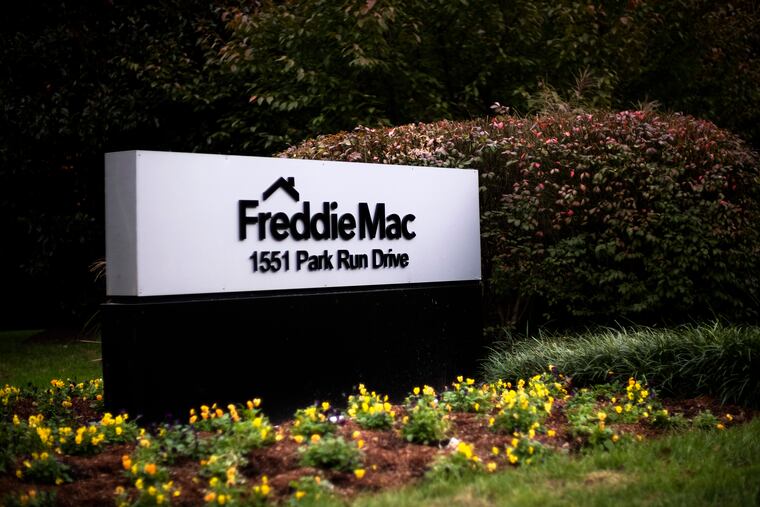New mortgage refinancing fee has been delayed until Dec. 1
The fee will add $1,000 or more to the cost of mortgage refinancing. It is intended to offset future costs of delayed and delinquent loan repayments during the pandemic.

Fannie Mae and Freddie Mac will delay by three months a fee that will make mortgage refinancing more expensive, the Federal Housing Finance Agency announced Tuesday.
Refinancing loans held by the government-backed mortgage financiers are likely to cost $1,000 to $1,500 more once the fee takes effect on the new date of Dec. 1. The Federal Housing Finance Agency, which regulates the two government-sponsored enterprises, also announced that the fee would no longer apply to refinances of loans under $125,000. Refinance products for low-income homeowners also will be exempt.
Politicians, mortgage lenders, real estate agents, and housing advocates oppose the fee, calling it a tax that comes as homeowners seek to take advantage of historically low interest rates and pull money out of their homes to pay for expenses during the recession caused by the coronavirus pandemic. Earlier this month, the announcement of the refinancing fee came without warning with an effective date of Sept. 1.
“While not as good as repealing it altogether, this is certainly better than the caper they pulled when they initially announced it without any advance notice,” Greg McBride, chief financial analyst at personal finance website Bankrate.com, said in a statement.
The heads of Freddie Mac and Fannie Mae have said the fee is necessary to pay for ongoing support for homeowners and renters during the pandemic and to offset future costs of delayed and delinquent loan repayments due to high unemployment and economic uncertainty. The entities project they will lose at least $6 billion due to pandemic losses, the Federal Housing Finance Agency said Tuesday.
The entities will charge the fee to mortgage lenders, who say homeowners will ultimately bear the cost.